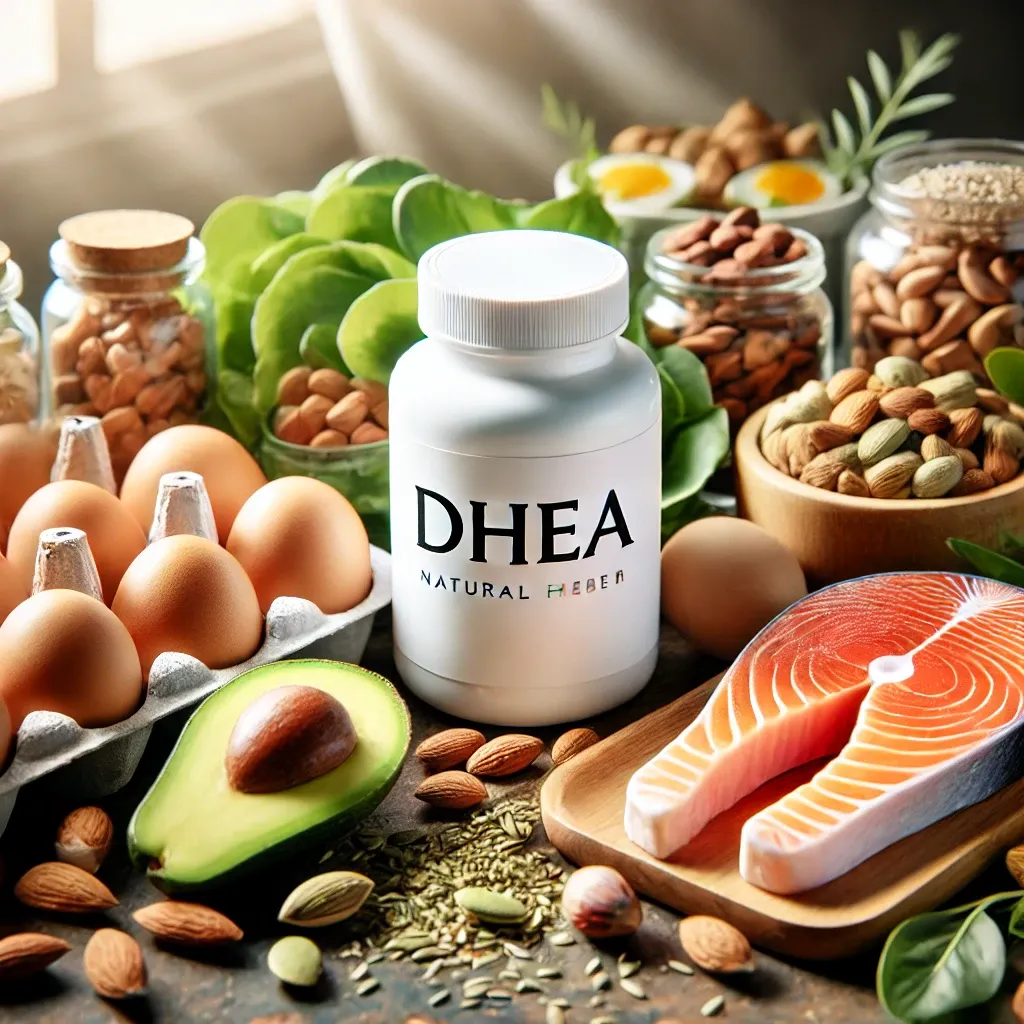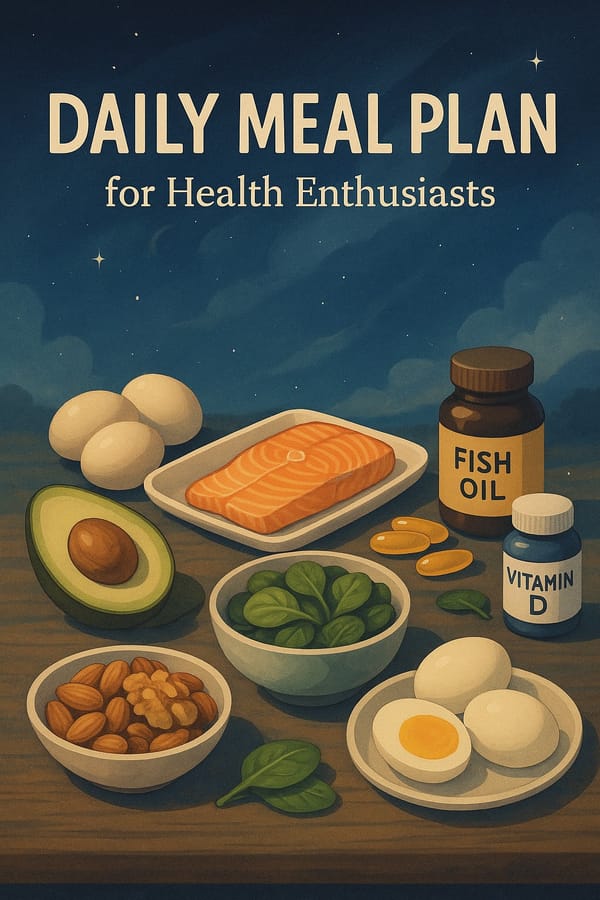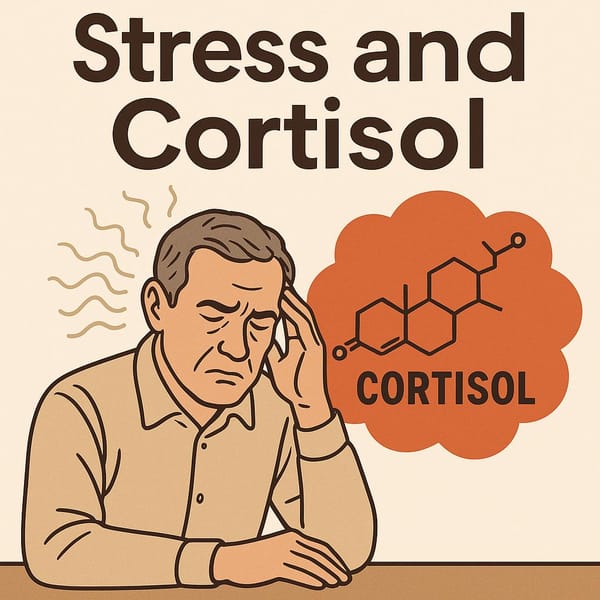What is DHEA Hormone?

DHEA (Dehydroepiandrosterone) is a hormone produced by the adrenal glands, small organs located above the kidneys. This hormone serves as a precursor to male (testosterone) and female (estrogen) sex hormones, meaning that DHEA can be converted into both of these hormones in the body.
DHEA levels peak during young adulthood and gradually decline with age. By the age of 30, DHEA levels start to decrease, which may impact overall health, including metabolism, mood, and the immune system.
Why is Everyone Talking About DHEA?
In recent years, DHEA has gained popularity due to its potential benefits in anti-aging, boosting energy levels, increasing muscle mass, and balancing hormones. Many people consider DHEA an essential supplement for overall health, especially for individuals over 40, whose hormone levels have declined significantly.
Additionally, researchers have been studying the role of DHEA in preventing chronic diseases such as heart disease, diabetes, and osteoporosis, which has led to continuous interest in its effects.
Benefits of DHEA
- Enhances Brain Health
DHEA may help improve memory, reduce the risk of Alzheimer’s disease, and prevent depression by influencing neurotransmitters in the brain. - Maintains Hormonal Balance
Since it acts as a precursor to sex hormones, DHEA can help maintain hormonal balance, especially in older individuals with declining hormone levels. - Increases Muscle Mass and Strength
Several studies suggest that DHEA may help increase muscle mass, reduce body fat, and improve exercise performance. - Boosts Immune System
There is evidence that DHEA can enhance immune system function, helping the body fight infections more effectively. - Reduces the Risk of Cardiovascular Diseases
Some studies indicate that DHEA may help lower bad cholesterol (LDL) and increase good cholesterol (HDL), potentially reducing the risk of heart disease. - Slows Aging and Promotes Youthful Appearance
Since DHEA declines with age, some scientists believe supplementing with DHEA may slow aging and help maintain youthful skin.
Which Foods Help Boost DHEA Production?
If you prefer to increase DHEA levels naturally without supplements, you can consume foods that help stimulate DHEA production, such as:
- Eggs: Contain cholesterol, which is a precursor to DHEA.
- Salmon and Tuna: Rich in omega-3 fatty acids, which support adrenal gland function.
- Nuts and Seeds: Such as walnuts, almonds, and flaxseeds, which aid in hormone production.
- Avocado: Contains healthy fats that assist in hormone synthesis.
- Leafy Greens: Such as spinach, kale, and broccoli, which provide essential nutrients for adrenal function.
How to Use DHEA Effectively?
- Consult a doctor before use: Always seek medical advice to determine the appropriate dosage for your body.
- Choose high-quality supplements: Ensure that the DHEA supplement is certified and safe.
- Use in moderation: Excessive intake can cause side effects such as mood swings, acne, or excessive hair growth.
- Monitor interactions with other supplements: Combining DHEA with other hormones can impact overall hormonal balance.
Is DHEA Really Effective? Is There Scientific Evidence?
Multiple studies support the benefits of DHEA, particularly in anti-aging, muscle growth, and sexual health. However, results may vary among individuals. Some studies suggest that long-term use of DHEA may have side effects, including an increased risk of certain cancers. Therefore, DHEA supplementation should always be used under medical supervision.
Conclusion
DHEA is a hormone with significant benefits for brain health, immune function, hormonal balance, and anti-aging. While supplementing with DHEA may be beneficial for individuals with low hormone levels, it should be used cautiously and under medical guidance. Eating foods that naturally boost DHEA production is also a great way to maintain hormonal balance and overall health.



